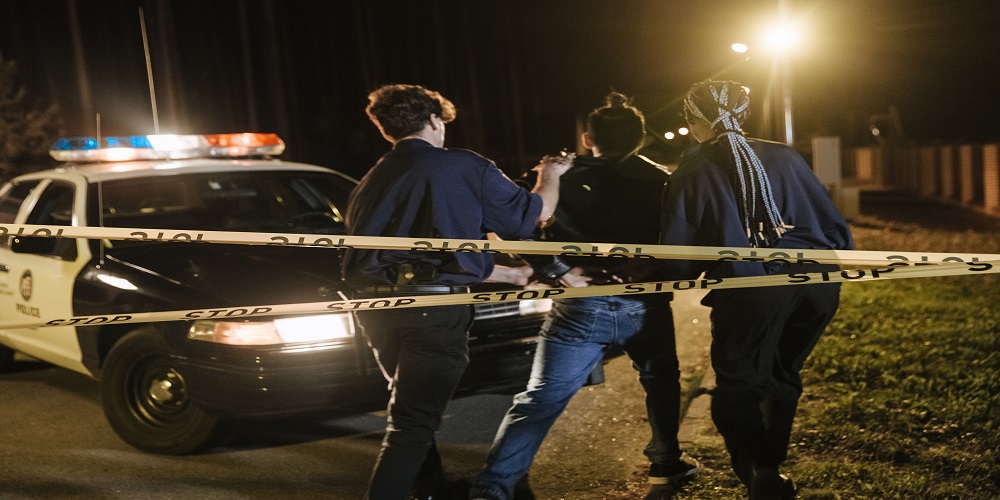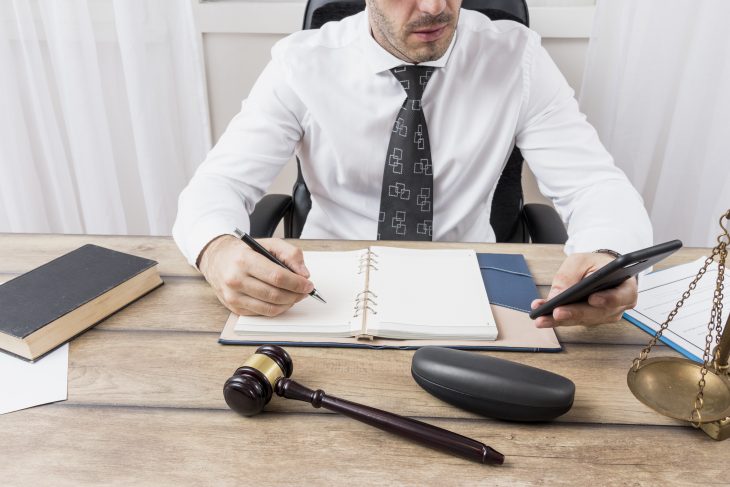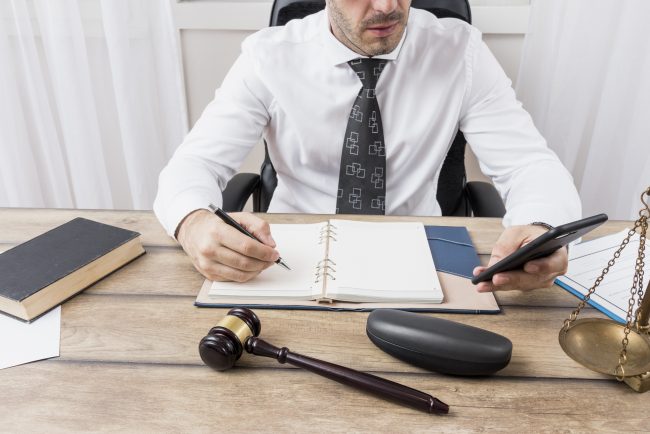
The police are the first responders in a crisis, and they need to be able to do their job quickly and confidently. However, there are strict rules about how to stop citizens from questioning or searching their property. This guide will explain seven things to keep in mind If the police search you.
Police must have a search warrant
If a police officer wants to search you, your car, or your home, they must have a warrant because you have justified rights when the police want to search!
If the officers don’t have a valid reason to search your vehicle or home and they ask questions that seem like fishing expeditions (like “What did you do last night?”), don’t be afraid to tell them no!
Report illegal search
If an officer searches you against your will, it’s called an illegal or unlawful search, and may not use any evidence they found against you in court.
Officers must have probable cause and your consent before conducting any type of investigation. Even if the police are at your door, you don’t have to let them in unless they have a valid search warrant signed by a judge or legal authority.
Ask if you are free to leave
If the police have no suspicion of criminal activity, there is nothing wrong with walking away and ending your conversation with the officer.
In a complicated situation, always ask for a lawyer
If the situation becomes more complicated later down the road (e.g., after being detained), always ask for a lawyer.
Do not answer unnecessary questions
You are not entitled to provide any answer about your whereabouts.
If you are asked by the officer whether or not you have any guns in your car, do not answer. Answering can be construed as an admission of guilt and will not help matters. Again, if they ask for any drugs in the car, only say no.
You can record your interaction with the police
You have the right to record any interactions between yourself and the police, as long as it does not interfere with the police.
The police may perform a body cavity search
The police can perform a cavity search of your clothes and may search inside your pockets for weapons after an arrest.
However, the police cannot search you if they have no reason to believe you are committing a crime or carrying weapons.
Conclusion
The police must follow strict rules regarding stopping and searching people. They can’t search you without these things happening: 1) Reasonable suspicion that you committed a crime. 2) Probable cause that there is illegal contraband in your possession. 3) A valid search warrant.
If they have violated your rights, remember the details regarding the incident as soon as possible, including officers’ faces and their contact numbers, etc. You should always ask if we are free to leave before answering questions because the police can not search for you without your will.






